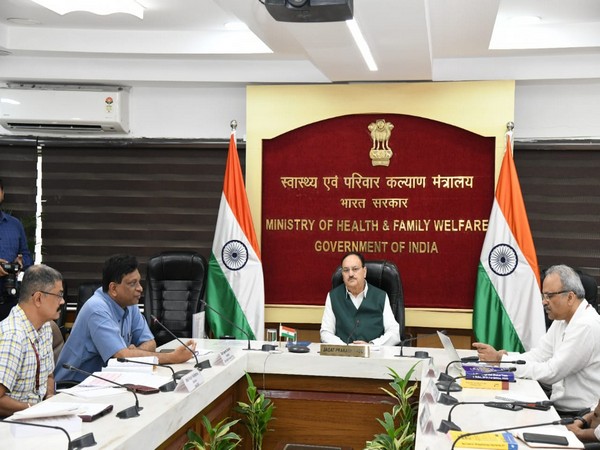Kashifa Wisal, Pune
The Union Health Minister, JP Nadda on Wednesday, July 17, emphasized India’s need to have a world-class regulatory framework for medicine to match the global reputation of the ‘Pharmacy of the world’, in a high-level review meeting for drugs, cosmetics, and medical devices.
The meeting was attended by Union Health Secretary(UHS), Apurva Chandra, Drugs Controller General of India (DCGI), Rajeev Singh Raghuvanshi, other senior officers of CDSCO (Central Drug Standard Control organization), and the Union Health Ministry.
Nadda highlighted the need for CDSCO to create a roadmap with timelines for reaching global standards of medicine, pointing out that India is among the world’s largest producers and exporter of drugs. He stated that upscaling must be systems-based and concentrated on the highest uniformity standards, technological advancements, and futuristic methodologies.
Nadda emphasized the significance of transparency in the CDSCO’s operations. “Our focus needs to be on the transparency of procedures at CDSCO and within the drug medical device industry”, he said. According to him, in order to guarantee that the goods produced and distributed by India satisfy the highest international quality standards, both the drug regulatory authority and the industry should collaborate on the most transparent practices.
He mentioned that CDSCO must maintain open communication with the pharmaceutical and medical devices industries in order to comprehend their problems and assist them in meeting CDSCO’s standard quality.
Nadda said, “Let us understand the issues faced by the MSME sector and support them to strengthen their capacity and quality of products on the one hand and encourage them to meet the regulatory requirements on the other” in reference to the Micro, Small, and Medium Enterprises (MSME) sector in the manufacturing drugs and challenges faced by small-scale industries.
The Union Health Minister received an update on the functions and duties of the central and state agencies responsible for regulating drugs, along with an overview of some of the difficulties in their coordination. Nadda indicated the significance of collaborating with the state to improve their capabilities and skills to conform to the central government’s quality standard, pointing out that states are an essential component of our regulatory value chain.
